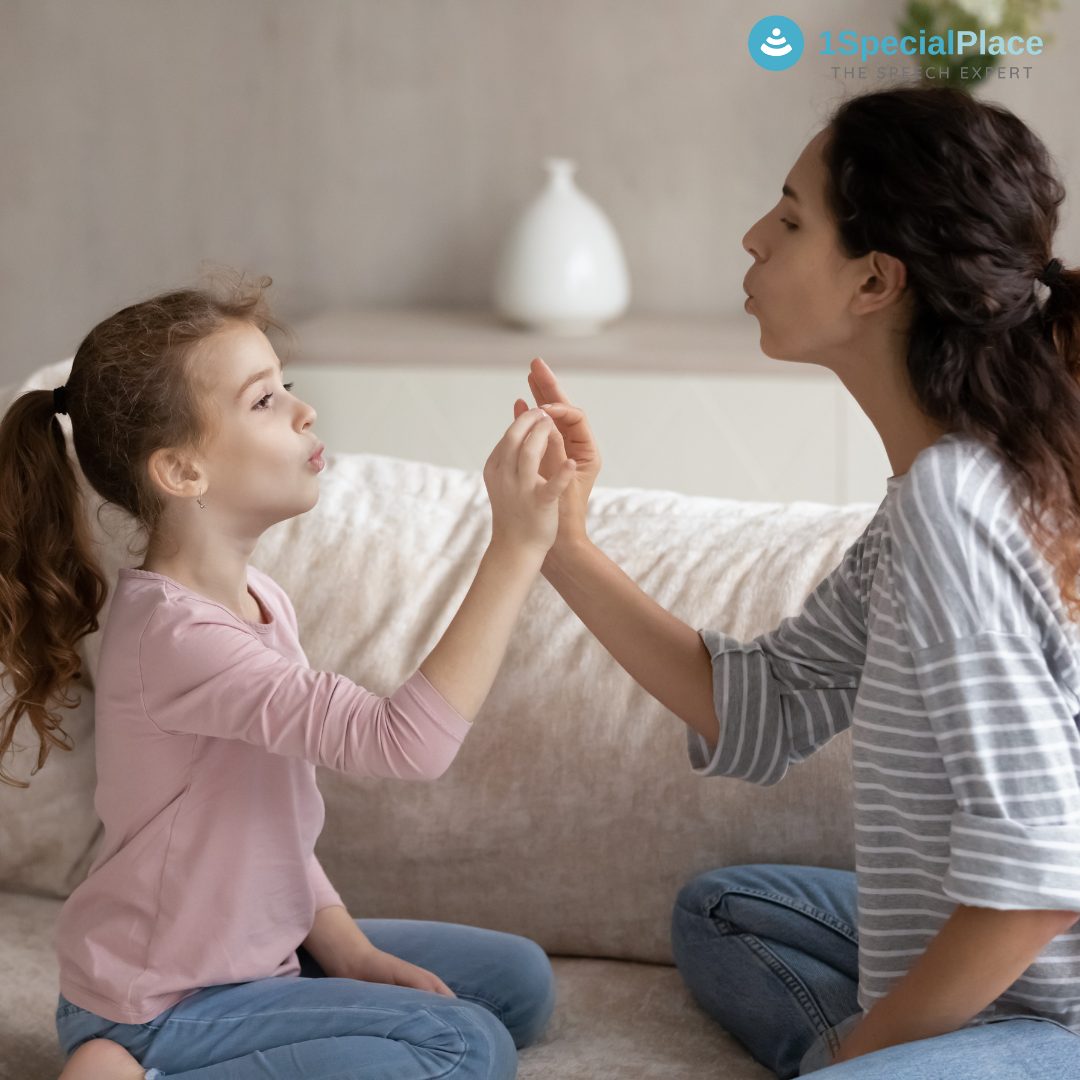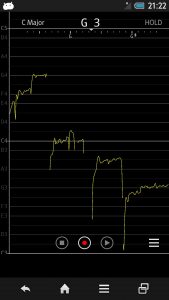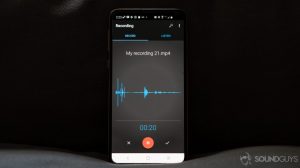
Best apps for voice therapy
Voice Disorders
Voice disorders have become common during this pandemic. One of the reasons is working from home. Firstly, we have to raise our volume to talk on calls. Secondly, we have a long video and audio calls. In addition to this, there is lots of background noise. Another reason is, children are at home. Parents have to use their voices more. They have to make them sit for the online class. Sometimes they also have to shout at them. Other reasons are faulty singing habits, excessive talking on phone. This has led to vocal abuse and vocal misuse.
Voice Therapy is required if you have:
- Vocal nodules
- Vocal polyp
- Sulcus vocalis
- Functional voice disorder
- Spasmodic dysphonia
- Vocal paralysis
ENT will diagnose the voice disorder. SLP will provide voice therapy online. Voice rest along with voice therapy exercises are part of the therapy program. Technology has advanced greatly. It is now helping us out in every aspect of our lives. Especially during this Covid-19 pandemic, everything went online. As a result, providing voice disorders treatment also became online. A part of online voice therapy is using apps. Here, I am going to review some of the best apps which can be used during voice therapy.
Why use Apps during Voice Therapy
We as therapists need to adapt to the existing scenarios. We have to make sure we are using the technology to our advantage and not following the same old vintage method of speech therapy. In this way, we can help our patients better. We can take out the best versions of our speech therapy and really up our game!
Some advantages of using App:
- Firstly, apps are available even after the therapy has ended. It is like a 24/7 monitoring system for patients.
- Secondly, during the voice therapy sessions, they provide objective feedback which is better than subjective feedback. They have graphs and tables showing pre and post or daytime voice monitoring.
- They can be an adjunct to therapy providing worksheets or tasks for home practice. It helps maintain the relationship between sessions.
- Some voice therapy apps provide real-time activity monitoring. For instance, how loud are you speaking? What is your pitch? This helps patients maintain the skills learned in the session.
- Some voice therapy apps even have a progress chart, where you can see how your patient did through the week. Instead of just depending on the patient’s word of mouth, where their usual reply is ‘it’s going good.
- Apps increase patient awareness and functioning by giving them an understanding of the voice disorders speech therapy. They also provide helpful tips to minimize the symptoms at home. This, in turn, will reduce their stress and anxiety related to their disorder.
- Health care professionals can use this information individually for patients or gather information into a chart for the whole practice to determine how interventions are working broadly across their patient population.
Best apps for voice therapy
These apps should be used in consultation with your SLP. Some of them are free and some are paid. Some of them are on android phones, some on IOS.
- dB meter pro: dB stands for decibel. Decibel has to do with intensity or loudness. This app gives us the loudness of your voice. How loud you are speaking? SLP has to work with loudness. In some cases, we have to tell the patient to lower down their voice to reduce vocal abuse. While in Parkinson’s disease we ask the patient to speak loudly. In some cases, we do strengthening exercises. This app will give you great visual feedback in terms of decibels which it is hearing. In all the above scenarios not just to the patient but to the therapist as well.
Other apps do the same function of measuring loudness. I am attaching a link to a few of these apps. It is available for android and IOS both under different names such as sound meter, dB meter, etc.
- Voice Test: In this app, you have to choose whether you are male or female. Say /a/ and it gives you frequency, jitter, and shimmer. Frequency is the pitch you are speaking in. jitter and shimmer are variations in your pitch and loudness. Typically you don’t want jitter and shimmer in your voice. This is a great app if you have to do objective analysis and you don’t have MDVP or other software. This will add value to your perceptual analysis. You can do a pre and post-therapy analysis. This is only available in IOS.
You have to open this app, and then you can either sing or speak or phonate uniformly. This app will analyze your pitch and pitch range. Voice therapists often do strengthening exercises in which we require patients to phonate in a certain pitch for instance C or D or E. This app will give an idea to non-singers and singers regarding the pitch.
4. Voice recording apps: Now these are no-brainer apps. These are available on all the phones. You can record your voice and listen to it. This will help you analyze pre and post-therapy differences in your voice.
-
Noise Down:
An advice often given by SLP is to keep the background noise low. This in turn will help you reduce your loudness. The more the background noise, the more you will shout. This will lead to vocal abuse. This app will help you keep the noise of your kids, TV, etc. low. All the background noise will be below a certain decibel. It is a sound manager alarm app. It will make a sound when background noise goes up a certain number of decibels. Available on IOS.
App for transgender voice therapy:
Voice-up feminize your voice is an app developed by UK-based SLP Christella Antoni. It contains a free sample lesson as well as a free pitch analysis. The complete course covers 2 hours of voice therapy training in three stages. The stages are available in-app purchases. Each stage is explained and demonstrated by Christella Antoni.
Paid Apps:
- Voice Anatomy: This app teaches normal larynx structure. It will help in explaining to your patients where exactly is the issue. It will help to visualize the problem better. Students can also benefit from this. It is available on IOS.
There are more apps such as the S/Z ratio app, vocal fold anatomy, voice warm-up exercise, etc. All these apps should be used in consultation with an SLP to avoid any vocal misuse. I hope you find this blog helpful and use these apps in your therapy.
If you wish to know more about Speech-Language Therapy
For more ideas check out our other blogs
HAPPY LEARNING!
- Will Selective Mutism go away? - March 31, 2023
- Right hemisphere damage and speech skills - February 14, 2023
- All about thumb sucking and non-nutritive oral habits - February 10, 2023









Leave a Comment
(0 Comments)